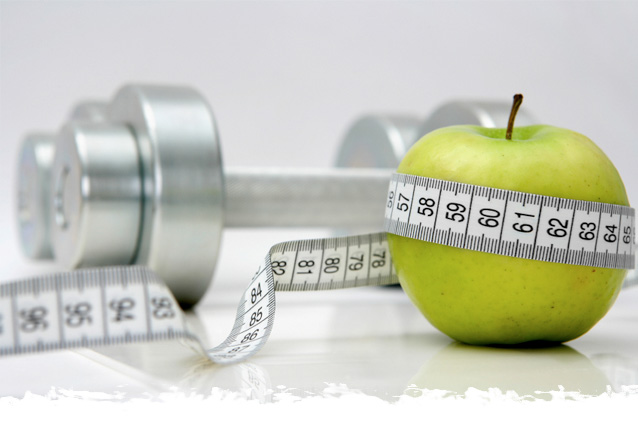It is the most common diagnosis in doctor’s offices – 5.9% of family medical diagnoses are hypertension, making up a whopping 11 million patient visits a year, followed closely by diabetes, acute upper respiratory infections and sinusitis.
The optimal blood pressure is 110/70 but 120/80 is considered “normal”. Those with blood pressure that has crept up to 139/89 are considered prehypertensive, and stage 1 hypertension starts at 140/90 and above. A hypertensive emergency (ER visit) is defined as 200/120 with symptoms such as headaches, blurred vision, chest pain, shortness of breath and/or renal insufficiency.
Hypertension is very amendable to natural medicine – a combination of nutritional changes, exercise, and supplements can greatly reduce potential morbidity and mortality.
If you are diagnosed with hypertension, it’s important to consider the causes and ask yourself whether these could be contributing in your case: side effects of drugs, estrogen in the birth control pill, Cushing’s disease (excess cortisol in the body), recreational cocaine use, aortic coarctation, abuse of alcohol, licorice over-consumption, gestational hypertension (high blood pressure of pregnancy), excess calcium in the blood (due to various causes such hyperparathyroidism, malignancy, Paget’s disease, and sarcoidosis), insulin resistance, heavy metals toxicity from mercury or lead, non-steroidal anti-inflammatory drugs such as ibuprofen and aspirin, sleep apnea, thyroid disease, tobacco consumption, upper cervical spine subluxation, and vitamin D deficiency. As you can tell from this extensive list, there are many factors that can cause or contribute to hypertension, and it’s important to find a physician who is willing to do some investigative work (lab tests, physical assessment) in order to find the cause.
A low-sodium, high-potassium diet should be implemented to treat hypertension. The ideal diet is a paleolithic-Mediterranean style which includes an abundant consumption of vegetables, fruit, seeds, nuts, omega-3 and monounsaturated fatty acids (as in fish, olive oil and avocados), and lean sources of protein (lean meats, fatty cold-water fish, soy and whey proteins). Reducing your consumption of processed foods will ultimately decrease chemical preservatives, artificial sweeteners, candies, pastries, breads, cookies and other high-glycemic foods in your diet – a real bonus to overall health! Especially important foods to eat regularly are dark leafy greens, garlic and onions, fish, almonds and small amounts of dark chocolate.
Foundational supplements for a hypertensive protocol include fish oils, a high-potency multivitamin, probiotics, and vitamin D to correct any deficiencies present. Other important supplements to be used to lower blood pressure and protect your cardiovascular system are coenzyme Q-10, potassium, magnesium, acetyl-l-carnitine, L-arginine, garlic, and vitamin C. Every effort should be taken to achieve a healthy body weight, and exercise should be performed 30 – 60 minutes per day, 4 – 7 times per week. However, those who are at risk of cardiovascular disease should receive a stress test from their GP before initiating vigorous exercise in order to ensure the blood pressure is not rising threateningly high during physical activity. Lastly, stress-reduction exercises should be implemented daily and made to be a habit. My favorites are meditation, Qigong, deep breathing exercises, acupuncture, relaxation or visualization audio soundtracks and nature walks.
Treat your heart healthy – it is the one muscle in your body that works continually, from before you’re born to the moment you die, and it deserves love and attention.






